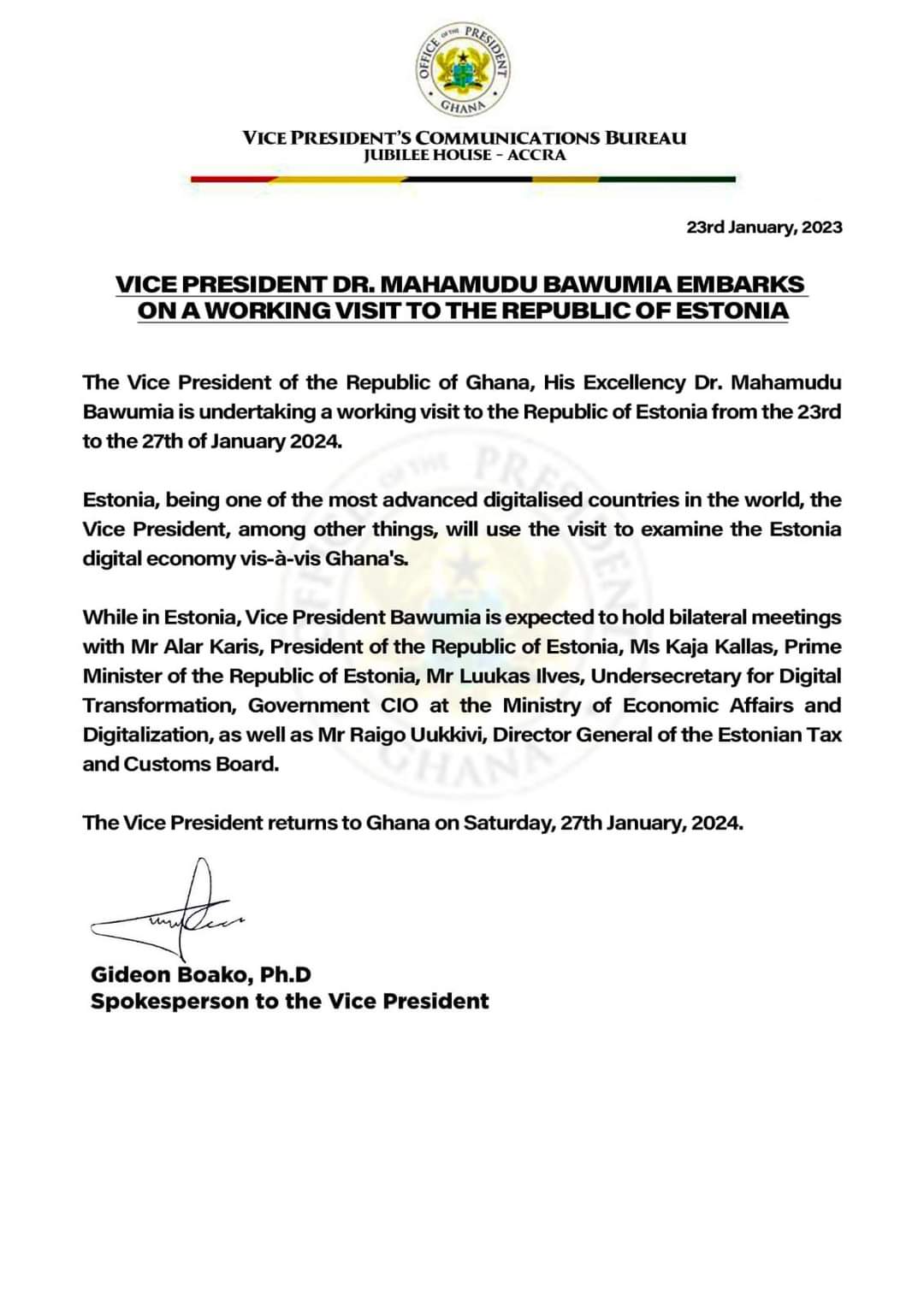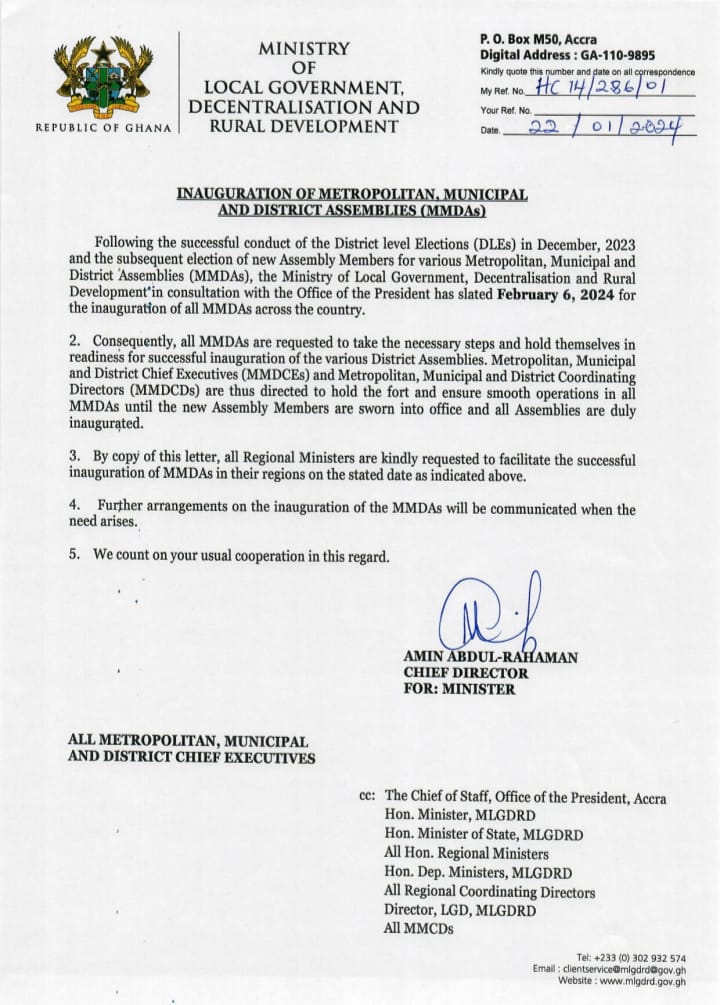
By Kingsley Webora TANKEH
Pure Earth and the Environmental Protection Authority (EPA) have inaugurated a National Lead Technical Working Group, aiming to harmonise national strategies and actions to effectively address lead pollution.
The technical working group is to provide strategic oversight, facilitate multi-sectoral coordination at the EPA level and drive the national agenda toward a comprehensive elimination and management of lead exposure and develop a National Road Map to that effect.
The group brings together environmental scientists, engineers, public health experts, social scientists, policy-makers, industry leaders and representatives from the regulator EPA, focusing on providing advice on wet plants for lead risk assessments, blood lead level monitoring, hotspot identification and remediation practices.
At the inauguration, the country Director of Pure Earth, Rev. Dr. Esmond Wisdom Quansah, urged the experts in the working group to “leverage their expertise and resources effectively and actively participate in developing and endorsing strategic interventions”.
This initiative, funded by the Bloomberg Foundation, will focus on policy dialogue, capacity building of EPA staff on lead monitoring and remediation of contaminated sites and ensure that these efforts reflect best practices align with WHO guidelines and global standards like the Strategic Approach to International Chemicals Management (SAICM).

Lead exposure is a critical public health and environmental issue disproportionately affecting vulnerable populations, especially children.
In Ghana, informal recycling processes such as those involving batteries and electronic waste have been identified as major sources of lead contamination.
Lead exposure has significant environmental impacts, contaminating soil, water and air; hence, posing risks to ecosystems and human health.
While there is no safe level of lead exposure for humans, especially children, the World Health Organization (WHO) and the Centers for Disease Control and Prevention (CDC) emphasise that public health actions should be initiated when blood lead levels reach 3.5 ?g/dL or higher. They further warned that any detectable level of lead can be harmful.
Lead exposure is suspected to be linked to increased risks of cancers of the stomach, lung, kidney, brain; and meninges, according to several scientific studies.
It is estimated that globally, nearly 1 million people die each year from lead poisoning, translating to roughly 2,740 deaths per day. Children are particularly vulnerable to the long-term health effects of lead exposure.
Ghana has made notable strides toward reducing lead exposure. EPA, in collaboration with the Ghana Standards Authority (GSA), is working assiduously to reduce lead in paint from the 600 ppm to 90 ppm. This intervention is wholly funded by UNICEF.
The World Health Organization (WHO) is also working with the Ghana Health Service on supporting Ghanaian clinicians to understand lead poisoning, conduct surveillance and be able to diagnose and treat it when necessary, through the Lead Exposure Elimination Programme.
The Director of Intersectoral Network Department at EPA, Jewel Kudjawu, expressed EPA’s commitment to safeguarding the environment and collaborating with partners like Pure Earth to ensure a lead-free Ghana. “Let us work collectively to protect our environment, our children and future generations from the dangers of lead contamination,” she said.
She, however, revealed that the EPA would need specific equipment to be able to achieve this. “To effectively carry out this task, the EPA will require modern technology such as XRF and Jerome devices to detect and monitor lead levels accurately.”
According to her, these tools will significantly “enhance our ability to collect reliable data, analyse trends and respond with effective measures”, which will inform mitigation strategies.
Founded in 1999, Pure Earth is a global organisation that champions evidence-based solutions to mercury and lead pollution.
With a focus on transparency, collaboration, measurable impact and technical excellence, Pure Earth works across different sectors to address the root causes of toxic exposure.
The post Pure Earth, EPA inaugurate technical working group on lead poisoning appeared first on The Business & Financial Times.
Read Full Story














Facebook
Twitter
Pinterest
Instagram
Google+
YouTube
LinkedIn
RSS